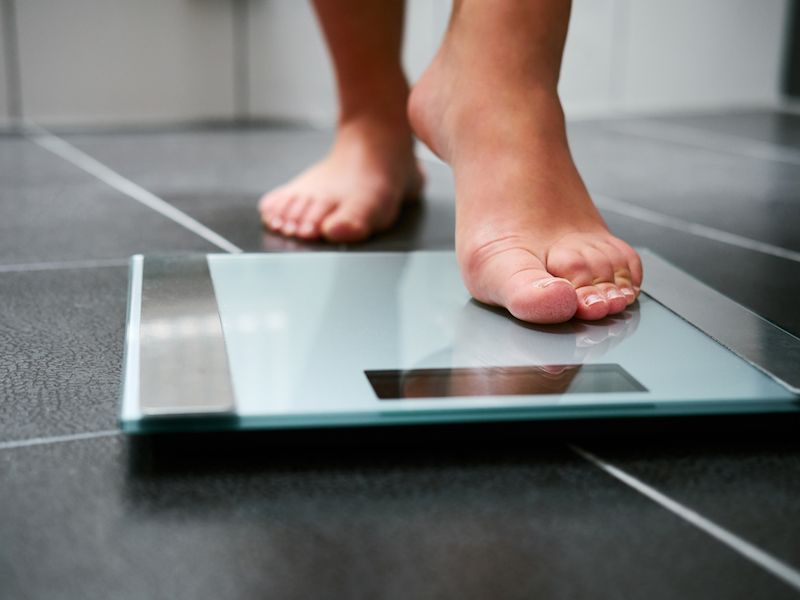
We’ve known for a long time that overeating is detrimental to our health, and in particular over time. Obesity is associated with several health concerns. Heart disease, high cholesterol, diabetes, and you can add hearing loss to the list, as well. It’s calculated that around 48 million people in the United States, about 20% of this country’s population, are suffering from loss of hearing, and in adults it’s nearly double that number, 93 million, are obese. Throughout the country, these shocking statistics indicate a significant health concern.
How Is Obesity Related to Loss of Hearing?
Numerous studies have revealed that loss of hearing and obesity have a connection. Precisely what that connection is, is still being studied, it’s assumed that being overweight is related to loss of hearing because of its impact on our circulatory system. In addition, obesity is connected to diabetes and high blood pressure, which are also linked to loss of hearing.
Sound in the ear is detected by tiny hairs inside the inner ear. To be able to work correctly, these tiny hairs, called stereocilia, have to have a steady blood flow. Obesity restricts the flow of blood in the body because, so that it can get the blood flowing inside the body, the heart needs to do extra work, which means that there is less than ideal amount of blood flow available to your ear. This could irreversibly damage the ears. Diabetes, high blood pressure, and heart disease affect the inner ear in the same way, as all of these illnesses negatively effects your circulation.
Keeping your weight in check is particularly relevant as you age since age-related hearing loss and high-fat mass index are also connected. Your body’s metabolism won’t work as fast or as well as it once did, which is the reason why you should attempt to stick to healthy habits that you started when you were younger.
Your ears and your general health are benefited by good nutrition.
Treatments For Obesity-Associated Loss of Hearing
If your loss of hearing is triggered by obesity, you may never be able to get it back, still, it’s always smart to get your ears tested to determine the magnitude of your loss of hearing. If the damage is irreversible, you may need a hearing aid or other device to begin hearing properly again.
If the damage is only slight, you might need to see your doctor about initiating an exercise and diet plan to lessen the impact your weight has on your well being before it gets any worse. Your doctor should set up a cardio intensive exercise routine that will get your blood pumping and enhance your general health. You will most likely find that other aspects of your life also get better, mental health, as an example, since regular exercise has been shown to reduce depression.
How Can You Prevent Obesity-Related Loss of Hearing?
diabetes, heart disease, and high blood pressure Your ears will certainly be kept in better condition if you keep your body healthy. One way to get started is to consult with a nutritionist who can help develop a plan that’s individualized for you and is centered on helping you reach your goals. The task of the nutritionist is to make certain you’re eating healthy foods with the right combination of nutrients, foods that have plenty of iron, for instance, because of course, a lack of iron in your diet can result in tinnitus and cause loss of hearing.
Discover more concerning hearing loss and how you can hear better with the appropriate treatment.